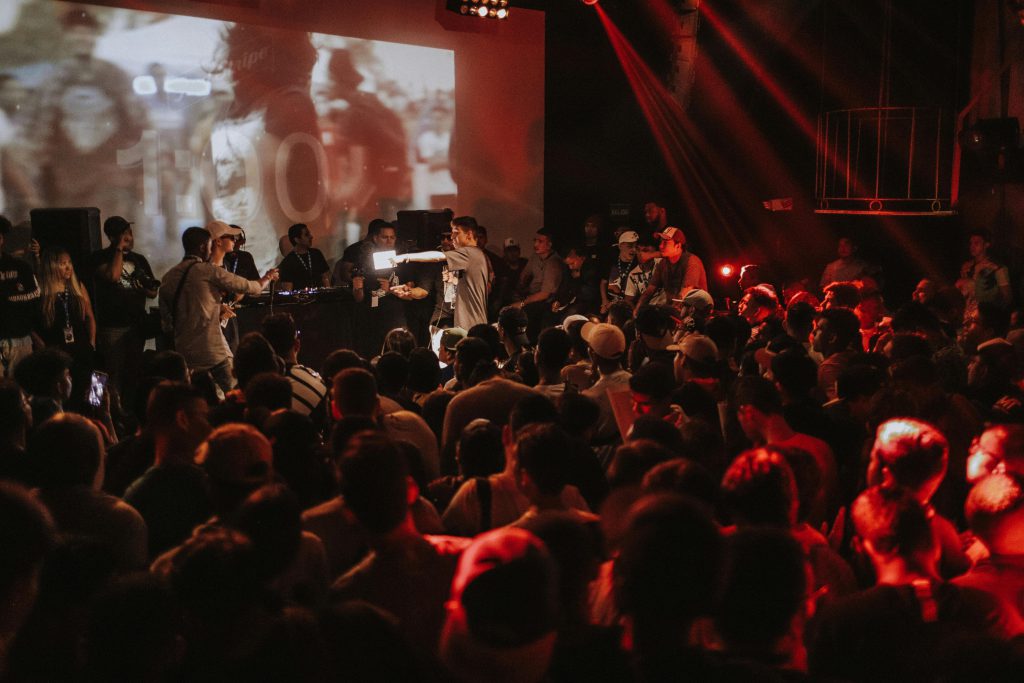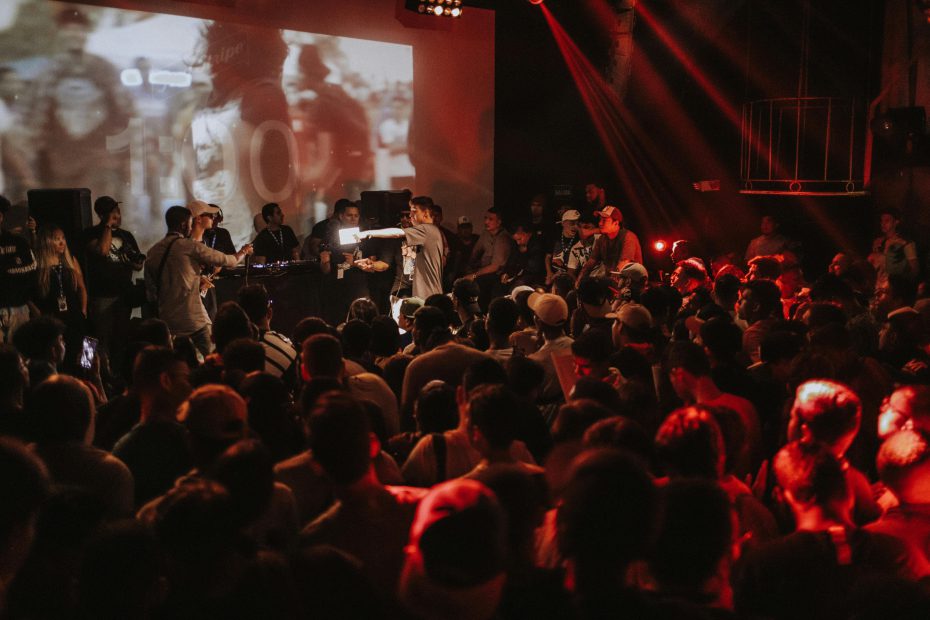When setting up a PA system, power is a critical factor to consider, especially in outdoor or remote locations. A generator ensures uninterrupted performance, but choosing the right one requires understanding the power demands of your PA system. This article will explore the generator requirements for a small PA system, including power ratings, fuel types, and noise considerations. Whether you’re a musician, event organizer, or public speaker, having the right power source can make or break your event.

Understanding the Power Requirements of a PA System
How Much Power Does a Small PA System Need?
A PA system typically consists of speakers, an amplifier, a mixer, and microphones. Each component has a specific wattage requirement, which determines the generator size needed. For example:
Powered Speakers: 100W – 1000W
Mixer: 50W – 200W
Microphones & Accessories: 10W – 50W
A small PA system for speeches or acoustic performances may only require 500W to 1000W, while a louder system for bands may need 1500W to 2000W.
Calculating the Total Wattage
To determine the generator size, add up the wattage of all your equipment and include an extra 20-30% margin to prevent overloads. If your system requires 1500W, it’s best to use a 2000W generator for safe operation.
Choosing the Right Generator for a PA System
1. Inverter vs. Conventional Generators
There are two main types of generators:
Inverter Generators: Ideal for PA systems because they provide clean, stable power without electrical noise.
Conventional Generators: Cheaper but may cause power fluctuations, which can damage sensitive audio equipment.
An inverter generator is strongly recommended for audio clarity.
2. Fuel Type: Gas, Propane, or Battery-Powered?
Generators come in various fuel types, each with pros and cons:
Gasoline Generators: Common, powerful, but noisy and require refueling.
Propane Generators: Cleaner, longer shelf life, but slightly less efficient.
Battery-Powered Generators: Silent, eco-friendly, but limited runtime.
For an outdoor PA system, a gasoline or propane inverter generator is usually the best choice.
3. Noise Level Considerations
A generator that is too loud can interfere with your PA system’s sound. Look for models rated below 60 dB to minimize background noise. Some of the quietest inverter generators include:
Honda EU2200i (48-57 dB)
Yamaha EF2000iSv2 (51.5 dB)
WEN 56203i (51 dB)
These models are ideal for live music or public speaking events.
Best Generators for Small PA Systems
Top 3 Generator Picks Based on Power and Performance
1. Honda EU2200i – Best Overall
Power Output: 2200W
Fuel Type: Gasoline
Noise Level: 48-57 dB
Run Time: 8 hours at 25% load
Why It’s Great: Ultra-quiet and reliable for professional PA system use.
2. WEN 56203i – Best Budget Option
Power Output: 2000W
Fuel Type: Gasoline
Noise Level: 51 dB
Run Time: 7 hours at 50% load
Why It’s Great: Affordable and compact, suitable for small PA systems.
3. Jackery Explorer 2000 Pro – Best Battery-Powered Generator
Power Output: 2000W
Fuel Type: Battery/Solar
Noise Level: Silent
Run Time: Depends on battery capacity
Why It’s Great: Silent operation, perfect for indoor events with a PA system.
Setting Up Your PA System with a Generator
Step 1: Connect the Generator
Place the generator at least 20 feet away to reduce noise interference.
Use heavy-duty extension cords to connect your PA system.
Step 2: Ensure Stable Power
Use a surge protector to prevent voltage spikes.
Avoid plugging in high-wattage devices like heaters or lights on the same generator.
Step 3: Test Before the Event
Run your PA system for at least 30 minutes to check for power issues.
Monitor sound quality and adjust settings if needed.
Common Problems and Solutions
1. Generator Overload Shuts Down PA System
Solution: Reduce power load by turning off unnecessary equipment.
2. Audio Hum or Interference
Solution: Use a power conditioner to clean up the power supply.
3. Generator Too Loud for the Event
Solution: Use a sound enclosure or switch to a quieter model.
Choosing the Best Generator for Your PA System
A PA system needs stable, clean power to function effectively. The right generator depends on power needs, noise levels, and budget. For small PA systems, an inverter generator is the best choice due to its reliability and quiet operation. Investing in a high-quality generator ensures your PA system delivers clear, uninterrupted audio, making your event a success.
When selecting a generator, consider your PA system’s total wattage, fuel preferences, and noise restrictions. With the right power setup, your PA system will perform flawlessly, whether indoors or outdoors.
